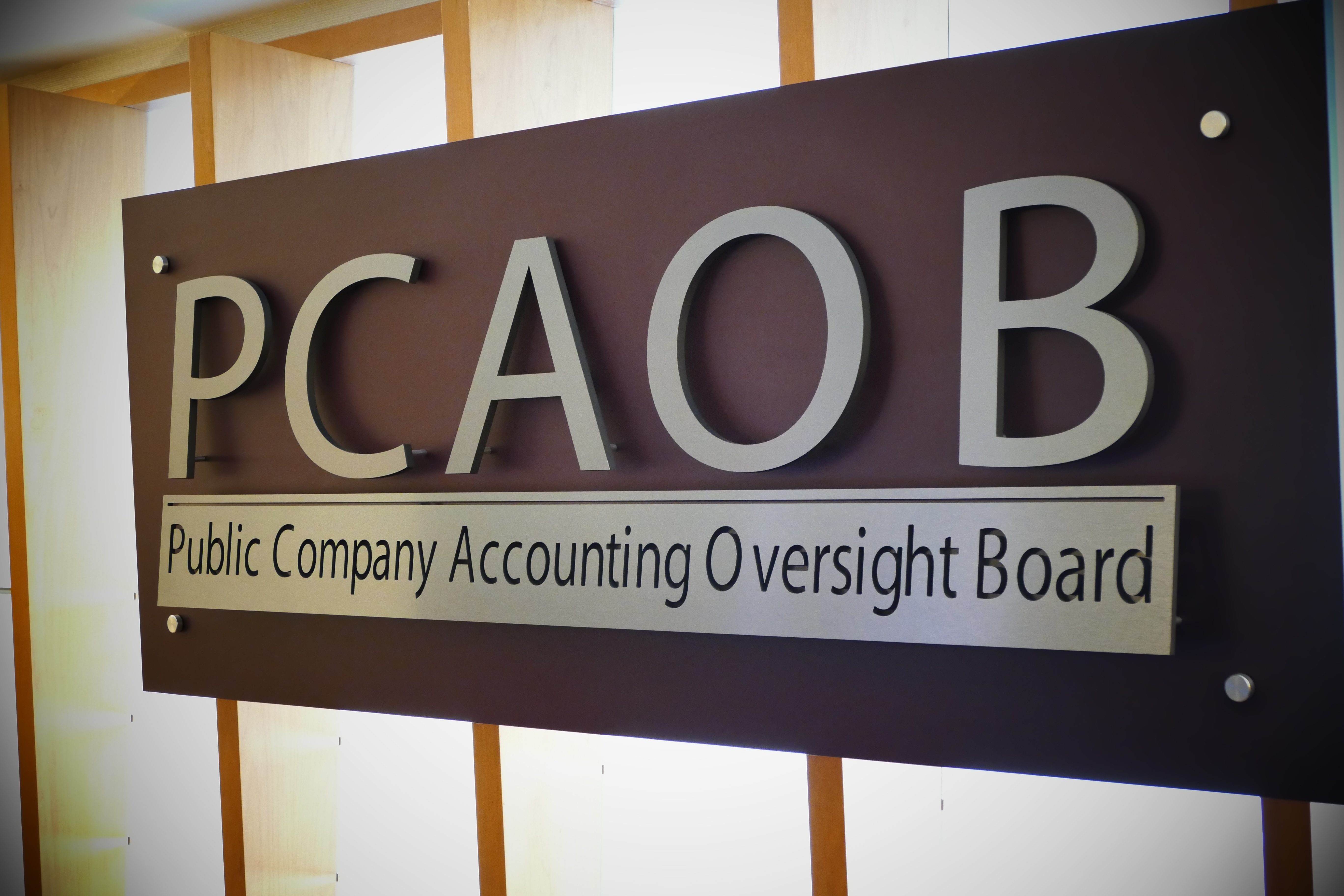The Public Company Accounting Oversight Board has issued a concept release proposing a new approach to changing its quality control standards.
The changes would represent the biggest changes since the PCAOB adopted the current quality control standards in 2003 after the board was established by the Sarbanes-Oxley Act of 2002, in the wake of accounting scandals like Enron and WorldCom. However, the auditing environment has changed a great deal since that time, especially with more widespread adoption of technology to automate the audit process and use of data analytics.
“Audit firm quality control systems serve an essential role in the U.S. capital markets,” said PCAOB Chairman William Duhnke in a statement. “Strong systems of quality control provide the foundation for audit firms to execute consistent, high-quality audits in accordance with PCAOB standards. When firms effectively design and operate their quality control systems, those systems promote more consistent compliance with our standards and thereby benefit investors.”
The PCAOB is asking for public comments to help it determine what approach it should take in the future to improve the quality control systems at auditing firms. Duhnke said the input the board receives from the public will play an important role in the PCAOB’s consideration of an approach to revising its quality control standards.
However, the PCAOB already plans to build the revisions around a risk-based framework. The PCAOB is also considering the use of a recently proposed quality control standard from the International Auditing and Assurance Standards Board, known as International Standard on Quality Management 1, as a starting point for its own future quality control standard. Many firms that follow PCAOB standards also follow IAASB standards, especially those with a presence abroad, and the PCAOB believes it wouldn’t be practical to require firms to comply with fundamentally different quality control standards. The concept release discusses some incremental or alternative requirements to ISQM 1 that may be appropriate for firms performing engagements under PCAOB standards.
The PCAOB is asking for comments on the concept release to be submitted by March 16, 2020.